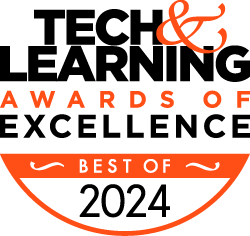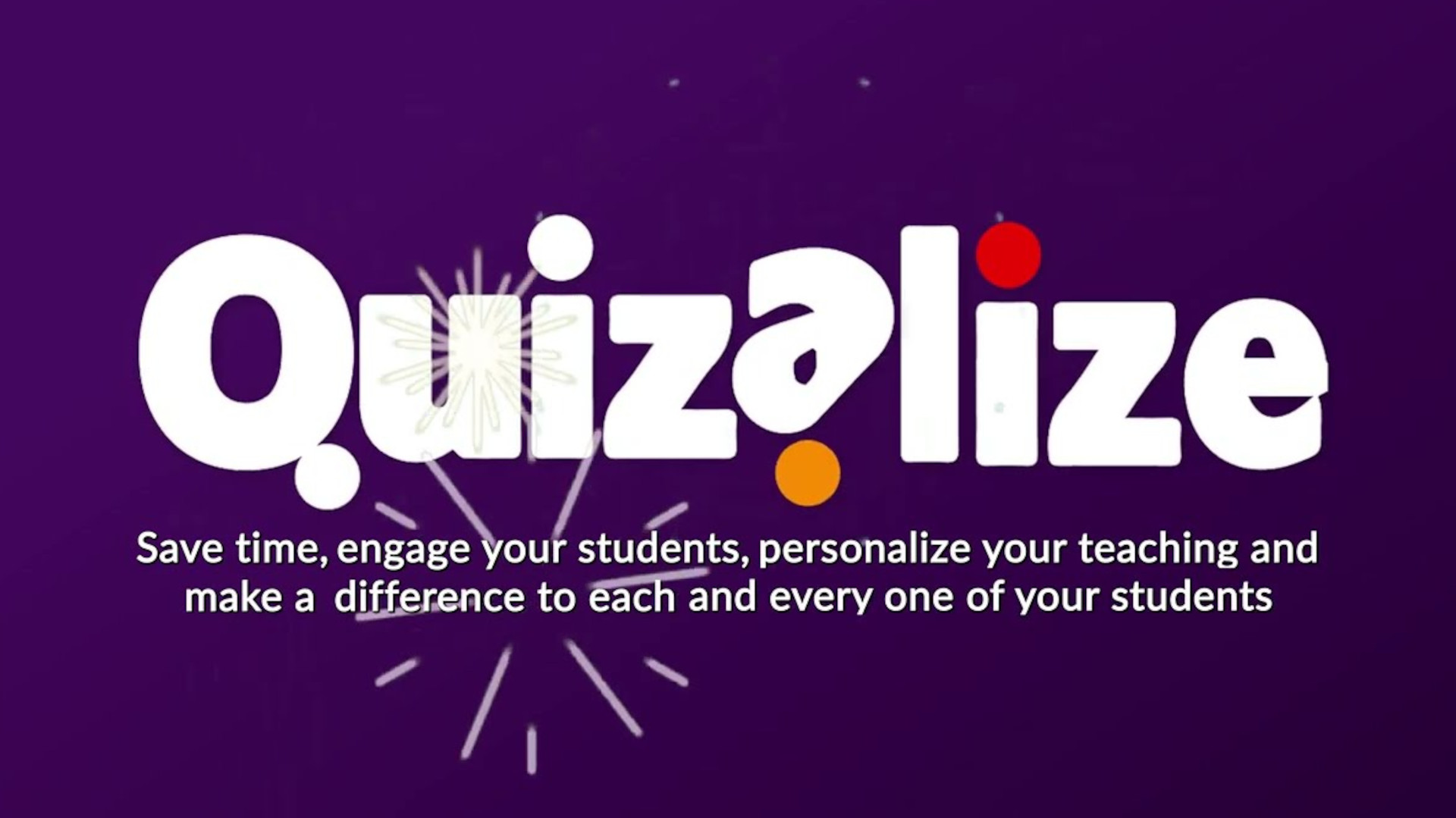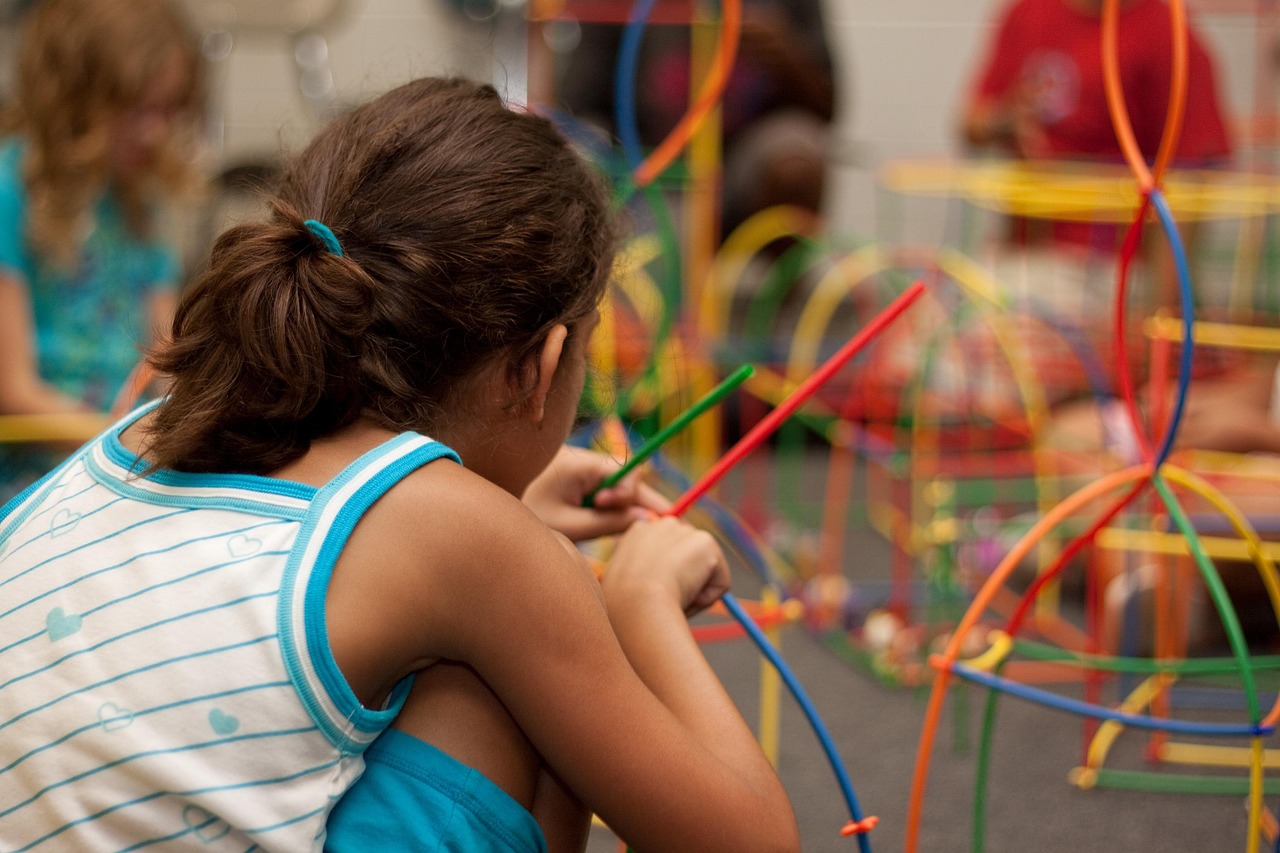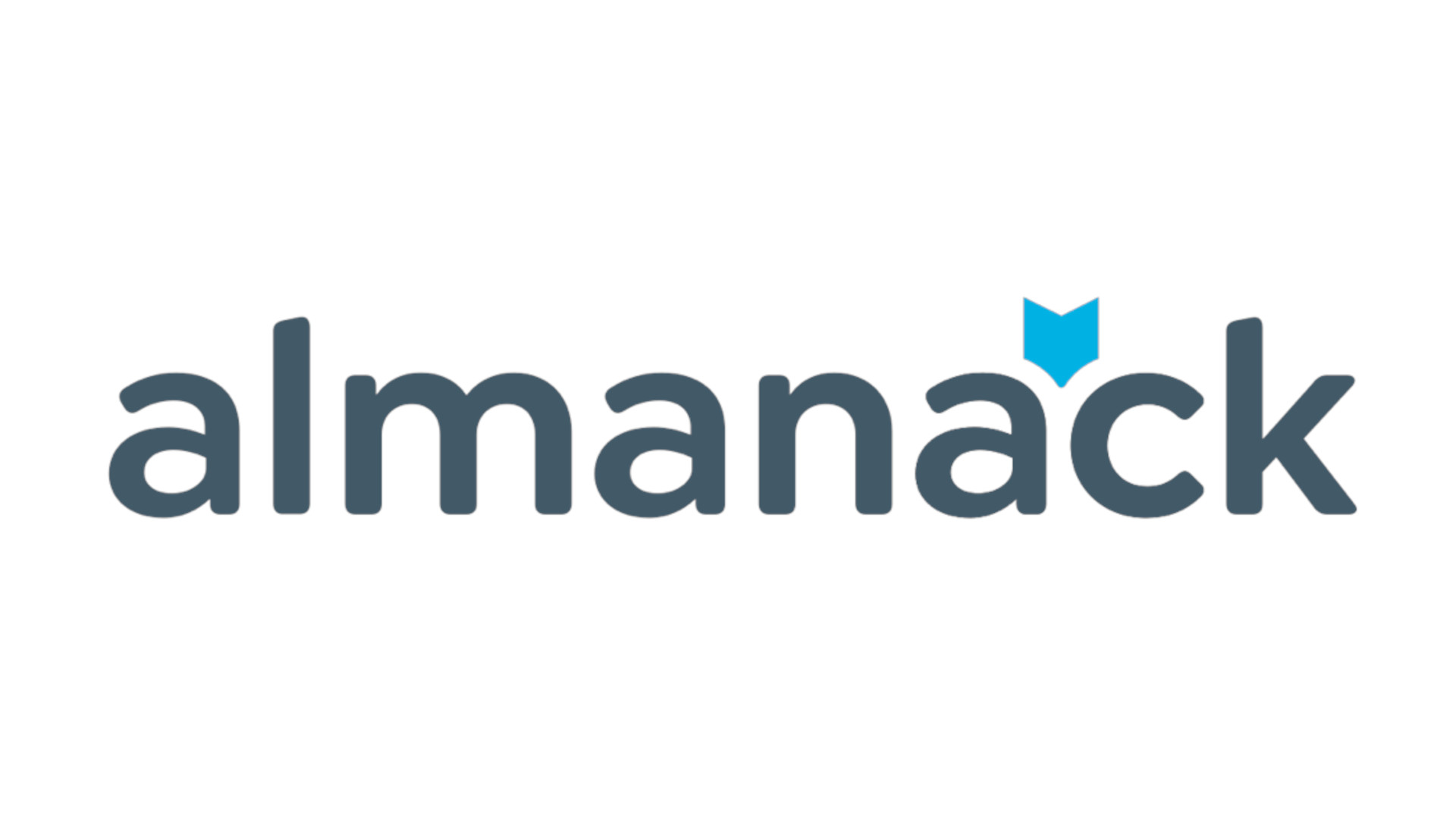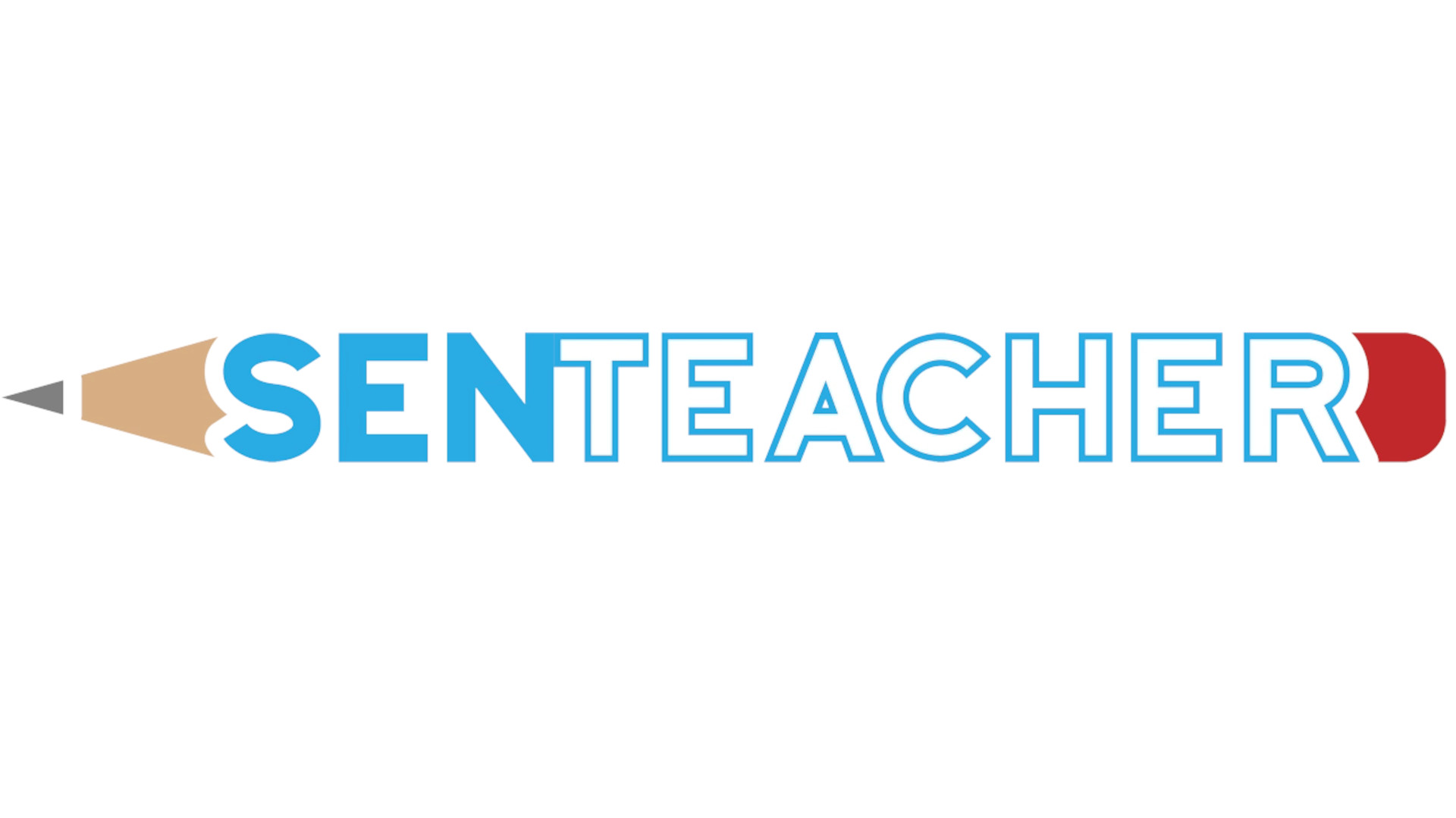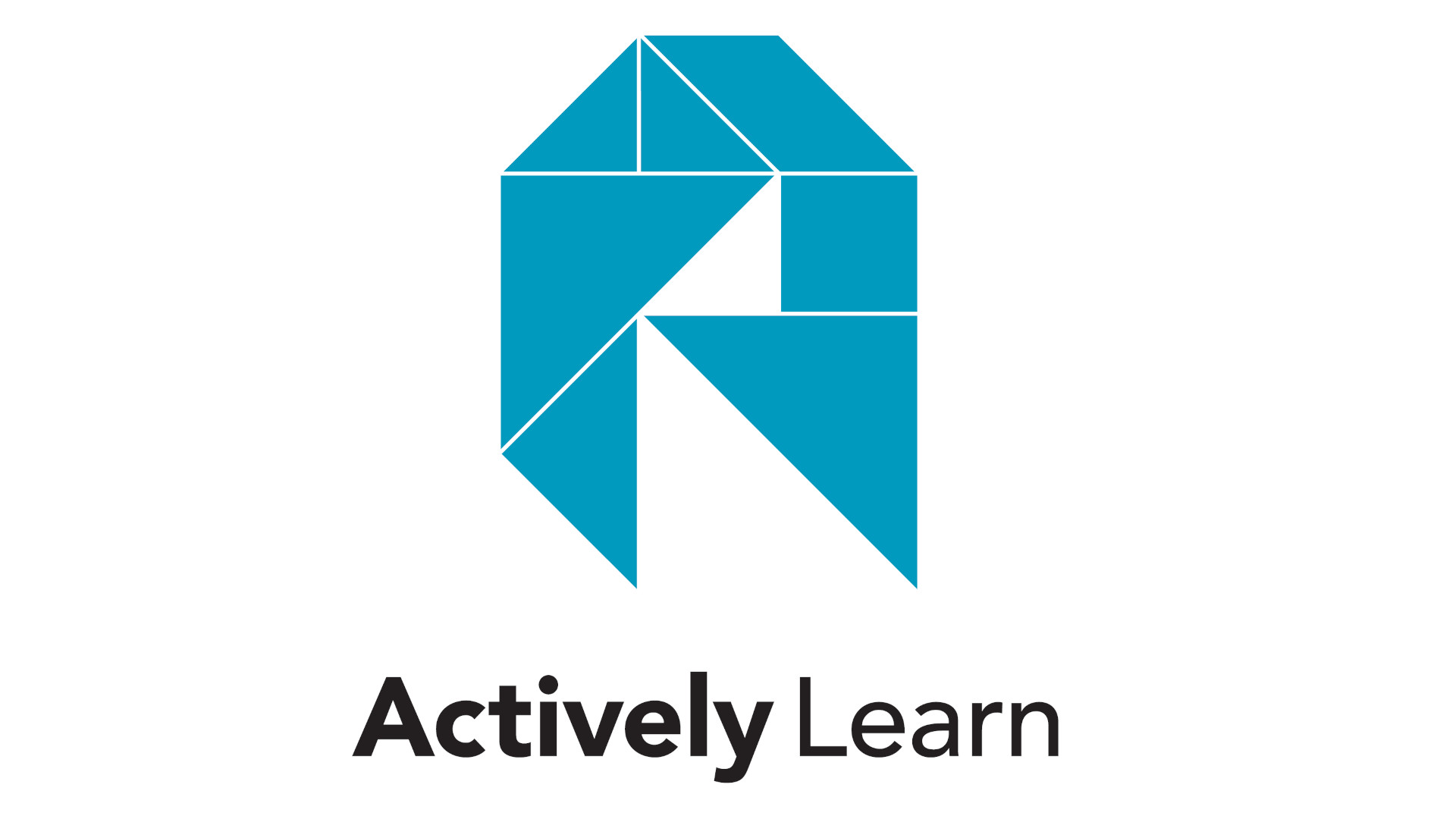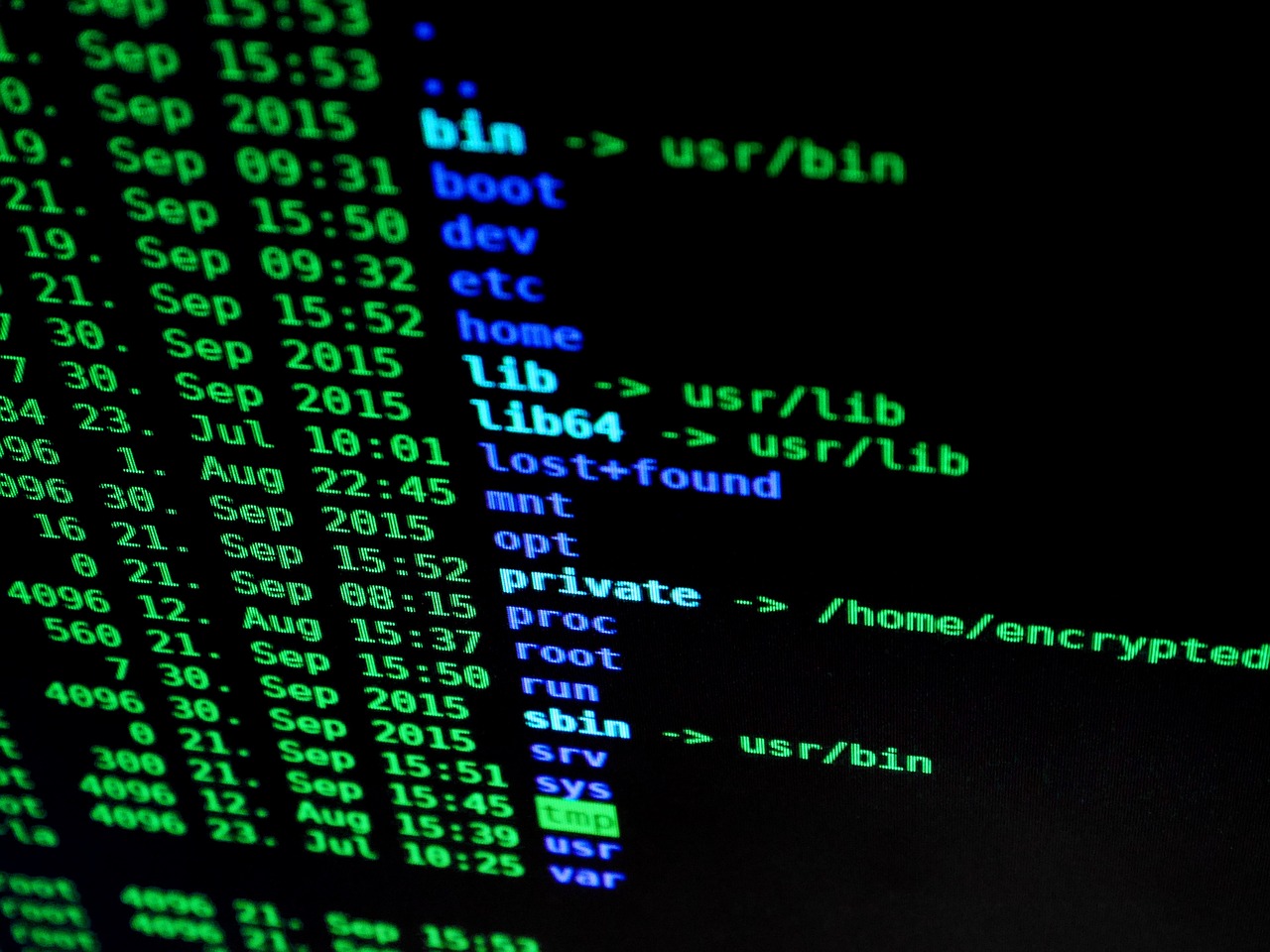Covid Diary: Georgetown Middle/High School
The Tech & Learning COVID Diary series follows educators and administrators throughout the year as they share stories about how their districts are handling teaching and learning during the pandemic

Cerise Cauthron is science department chair at Georgetown Middle/High School in Georgetown, Massachusetts. The school is suburban with mostly white students, moderate SPED population, and approximately 600 students in grades 7-12. It enjoys good technology funding and an engaged parent community. Classes are hybrid, a combination of virtual and face-to-face.
Tools being used
Zoom, asynchronous teacher-created lessons, online laboratory experiences with Pivot Interactives, technology-based in-person laboratory experiences using Vernier probeware, traditional non-technology based laboratory experiences, Schoology LMS as well as various other online platforms such as Class Kick and PearDeck.
Biggest challenge
Servicing students working remotely, especially SPED students, who require additional teacher interaction. Also, keeping remote learners and in-person learners at the same level of lesson rigor and achieving the learning objectives to the same level of expectations.
What are the advantages of teaching in this environment?
Learning and implementing new technologies, motivating students to become more self-directed with their learning, and discovering new ways to teach old content to keep both myself and the students engaged in the curriculum.
How are teachers being supported?
Teachers are being provided with professional development opportunities, additional planning time, and district expenditures in technology.
How are you supporting your students?
We are using Zoom extensively and an online LMS, plus increased collaboration with SPED support staff and parents.
How are you supporting your parents and families?
The district is using Zoom conferences, an online LMS, clear expectations for learning, and activities that engage students at home to examine their environment and daily routine.
Tech & Learning Newsletter
Tools and ideas to transform education. Sign up below.
Did anything unexpected happen (good or bad) during remote learning that can now be used as a teachable moment for others?
Technology glitches have required teachers to learn to adapt quickly to a new situation and teach, perhaps more authentically than relying on a planned lesson.
Anything else you'd like to add about your successes and challenges being a teacher during the pandemic?
I worry for districts that lack community financial support to provide necessary technology to reach students, such as we have experienced in this district. The ability to interact with at-home students and offer them rigorous, quantitative online laboratory activities, for example, has been extremely beneficial for the science department and the students we service.
If you would like to participate in the COVID Diary series, please complete this form. Email Ray.Bendici@futurenet.com with any questions.

